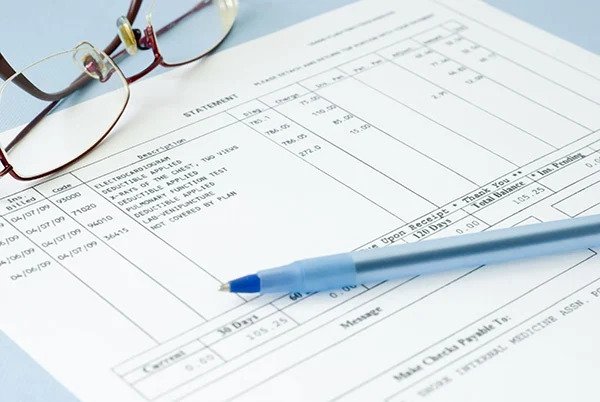
Breech Birth Complications: Legal Help for Families
Breech Birth Complications: Legal Help for Families A breech birth occurs when a baby is positioned feet- or buttocks-first during
D'Amore Personal Injury Law, LLC
Serious Injury Lawyers Proudly Serving
Baltimore, Annapolis, & Washington, D.C.
Hospital bills can be daunting, but there are strategies to help reduce costs. Here are 11 ways to lower your hospital bill, ensuring you get the care you need without unnecessary financial strain.
Studies indicate that 15 to 30 percent of healthcare activities—such as tests, medications, and procedures—are unnecessary. A recent survey found that 97 percent of ER doctors admit to ordering unnecessary imaging tests, often due to patient demand or to prevent malpractice. Always ask your doctor why a test is being ordered, what they expect to learn, and how it will impact your care if it’s not done. Understanding these factors can help you avoid unnecessary expenses, making it one of the most effective of the 11 ways to lower your hospital bill.

Staying overnight in a hospital doesn’t always mean you are officially admitted. Hospitals may classify you as “under observation,” which can affect insurance coverage, especially for seniors needing post-hospital rehab. Always confirm your admission status to avoid unexpected costs.
Bringing your own medications from home can be significantly cheaper than using the hospital pharmacy. Have the hospital pharmacy verify them to ensure they match the prescriptions. This simple step can help lower your hospital bill.
Prices can vary greatly between nonprofit and for-profit hospitals. A study found that almost all of the 50 most expensive hospitals in the U.S. were for-profit, with some charging up to 1,000 percent more than Medicare rates. Comparing prices is a key strategy among the 11 ways to lower your hospital bill. Learn more about hospital price comparisons here.
Frequent visits from specialists can quickly add up. Sometimes, less experienced physicians call in multiple specialists, each visit adding to your bill. Discuss with your primary doctor if these visits are truly necessary to prevent your bill from inflating.
Mistakes on hospital bills are common, with 80 percent containing errors. Review your bill for discrepancies such as charges for drugs you didn’t take or procedures you didn’t undergo. Correcting these errors and negotiating the total can lead to substantial savings.

Summary bills often omit details. Ask for an itemized bill to see every charge. Identifying and disputing unnecessary items like tissues or housekeeping can help you understand and reduce your charges.
Each day in the hospital costs an average of $9,700. Find out what criteria you need to meet for discharge and work towards them diligently. The faster you can safely leave, the more you save. Check out more tips on reducing hospital stay costs.
Ensure you are not charged for a full day’s room rate on the day you are discharged. Hospital stays should be billed from admission date to discharge date only.
When discussing your bill with hospital staff or your insurance company, always get a reference number and note the name of the person you spoke with. This helps ensure accurate follow-up and accountability.

If paying out of pocket, ask for a discount before undergoing procedures. Hospitals often offer discounts to insurance companies, and negotiating can help you secure similar rates. This proactive approach can significantly lower your hospital bill.
By implementing these 11 ways to lower your hospital bill, you can navigate the healthcare system more effectively and reduce your financial burden. Being informed and proactive about your healthcare can make a significant difference in managing hospital costs.
For more tips on navigating healthcare costs, visit Healthcare Bluebook and Fair Health Consumer.
Fill out the form below and we will contact you.
Or, give us a call at

Breech Birth Complications: Legal Help for Families A breech birth occurs when a baby is positioned feet- or buttocks-first during

The Role and Responsibilities of Medical Expert Witnesses in Legal Proceedings In medical malpractice cases, expert testimony plays a pivotal

Misdiagnosis and Delayed Diagnosis in Medical Malpractice A delayed diagnosis occurs when a medical condition isn’t identified in a timely